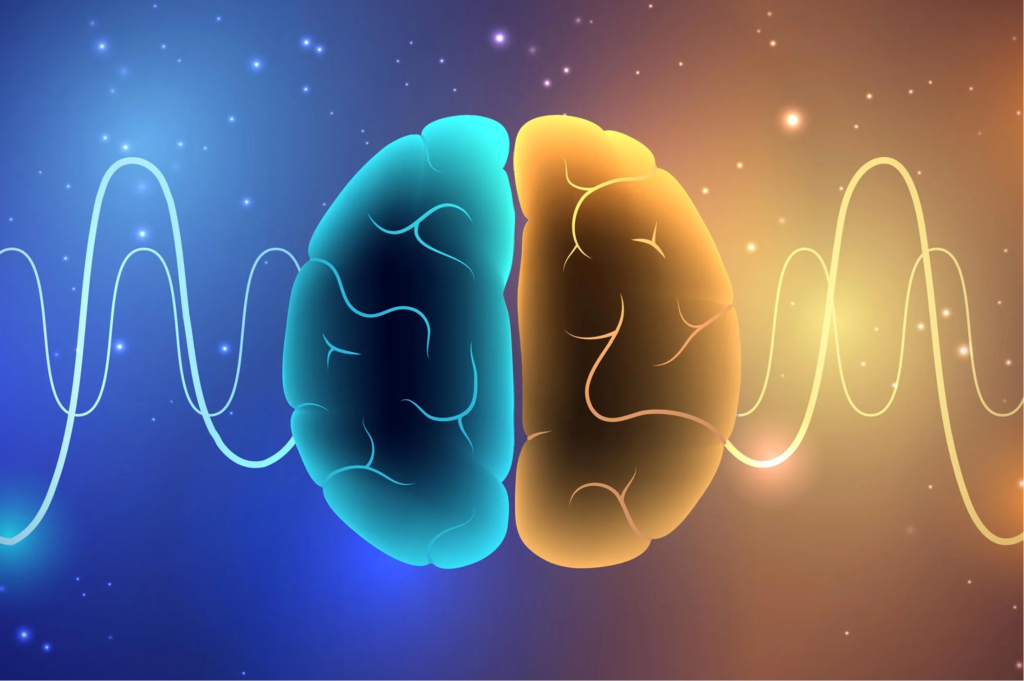Fiction Feels Real :Do you ever feel like you know your favorite fictional characters better than your real-life friends? Do you ever get so immersed in a story that you feel like you are living in it? If you do, you are not alone. Many people enjoy losing themselves in the lives of fictional characters, especially when they feel lonely or isolated. But what happens in your brain when you do that? How does your mind process the difference between reality and fiction?
Fiction Feels Real
A recent study by researchers at Ohio State University and Columbia University has shed some light on this question. The study involved scanning the brains of 19 fans of the popular TV series “Game of Thrones” while they thought about themselves, nine of their friends, and nine characters from the show. The researchers also measured how lonely the participants felt, and how much they identified with the fictional characters.
The results showed that the more lonely and immersed people were, the more they used the same part of the brain to think about themselves and their favorite fictional characters. This part of the brain is called the medial prefrontal cortex, and it is involved in self-referential thinking and social cognition. The researchers found that for the loneliest and most immersed participant, the boundary between real and fictional characters was almost nonexistent in this brain region.
Also read : Passive And Active Euthanasia: What’s The Difference?

Fiction Feels Real
This suggests that lonely people may blur the line between reality and fiction in their minds, and may seek emotional connections with fictional characters as if they were real friends. The researchers believe that this may be a way of coping with the lack of social belonging and support in their real lives. They also think that this may have implications for mental health and well-being, as well as for the design of media and entertainment products.
However, the researchers also caution that their study has some limitations, such as the small sample size, the use of only one TV show, and the lack of a control group. They also note that there may be individual differences in how people respond to fiction, and that not all fiction is created equal. Some fictional characters may be more realistic, complex, and relatable than others, and some genres may be more immersive, engaging, and emotional than others.

Fiction Feels Real
Therefore, more research is needed to explore the neural and psychological mechanisms of how we relate to fiction, and how fiction affects our social and emotional lives. In the meantime, the next time you watch your favorite show or read your favorite book, you may want to ask yourself: How real do these characters feel to me? And how do they make me feel about myself and others?
Frequently Asked Questions (FAQs) – Loneliness and the Brain’s Response to Fictional Characters
Q: What is the recent scientific discovery regarding loneliness and the brain’s response to fiction?
A: Recent research has revealed that lonely brains exhibit a reduced ability to differentiate between fictional characters and real-life friends. Loneliness appears to impact the brain’s neural processes, blurring the boundaries between imagined social interactions and genuine relationships.
Q: How does loneliness affect the brain’s ability to distinguish between real and fictional social connections?
A: Loneliness influences the Default Mode Network (DMN), a brain network associated with self-referential thinking and social cognition. The heightened sensitivity in lonely brains may lead to neural overlaps in processing social information related to both real and fictional relationships, impacting the ability to differentiate between the two.
Q: What is the Default Mode Network (DMN), and why is it significant in this context?
A: The Default Mode Network is a network of brain regions associated with self-referential thinking and social cognition. In the context of loneliness and fiction, the DMN’s activity is crucial as it plays a role in the brain’s response to social stimuli, contributing to the blurring of boundaries between real and fictional social interactions.
Q: What is the Default Mode Network (DMN), and why is it significant in this context?
A: The Default Mode Network is a network of brain regions associated with self-referential thinking and social cognition. In the context of loneliness and fiction, the DMN’s activity is crucial as it plays a role in the brain’s response to social stimuli, contributing to the blurring of boundaries between real and fictional social interactions.
Q: What are the implications of the connection between loneliness and the brain’s response to fiction for mental health?
A: The findings suggest that engaging with fictional narratives depicting meaningful relationships could offer solace and emotional connection for individuals experiencing loneliness. This insight may inform therapeutic approaches to address social isolation and enhance mental well-being.
Q: What are the implications of the connection between loneliness and the brain’s response to fiction for mental health?
A: The findings suggest that engaging with fictional narratives depicting meaningful relationships could offer solace and emotional connection for individuals experiencing loneliness. This insight may inform therapeutic approaches to address social isolation and enhance mental well-being.
Q: How can individuals address loneliness based on the insights from this research?
A: Recognizing the brain’s adaptive responses to social stimuli, individuals can actively seek and cultivate meaningful relationships to address the root causes of loneliness. Combining the benefits of fiction with real social engagement offers a holistic approach to mitigating feelings of isolation.
Q: Are there potential social interventions based on this research to address loneliness?
A: The research suggests potential avenues for developing social interventions that acknowledge the role of fiction in addressing loneliness. Combining the benefits of fiction with real social engagement could provide a comprehensive approach to enhance mental health and well-being.
Q: What is the significance of storytelling in the context of loneliness and the brain’s response to fiction?
A: The research underscores the power of storytelling in shaping emotional experiences and fulfilling social needs. Narratives have the ability to elicit genuine emotional responses, providing a sense of connection and belonging, even in the absence of real-life social interactions.
Q: How does the discovery contribute to our understanding of human emotion and the brain?
A: The discovery offers a fascinating glimpse into the intricate workings of the human mind, particularly in the context of loneliness and social connection. It contributes to our understanding of how the brain navigates the complexities of social interactions, both in reality and the captivating realms of imagination.
Also read : Why Our Eyeballs Don’t Fill Up With Water When We Swim?




































